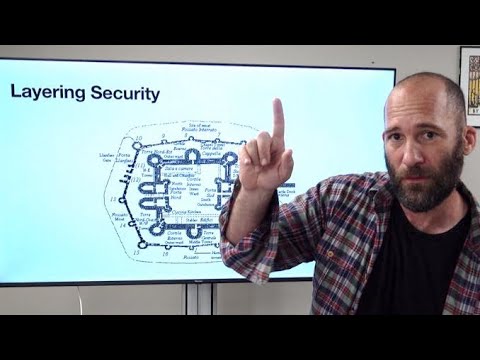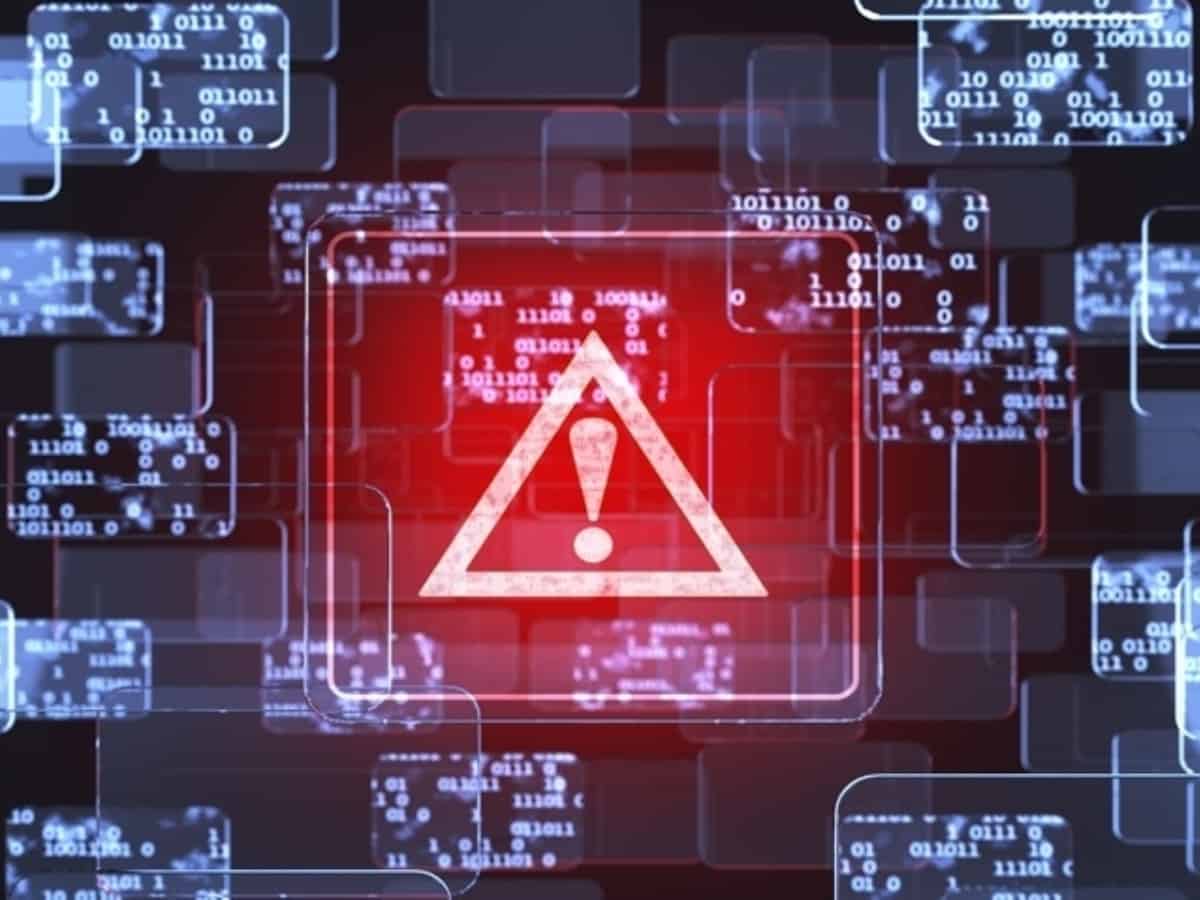A Russian ransomware gang breaches the Energy Department and other federal agencies
The Department of Energy and several other federal agencies were compromised in a Russian cyber-extortion gang’s global hack of a file-transfer program popular with corporations and governments, but the impact was not expected to be great, Homeland Security officials said Thursday.
But for others among what could be hundreds of victims from industry to higher education — including patrons of at least two state motor vehicle agencies — the hack was beginning to show some serious impacts.
Jen Easterly, director of the Cybersecurity and Infrastructure Security Agency, told reporters that unlike the meticulous, stealthy SolarWinds hacking campaign attributed to state-backed Russian intelligence agents that was months in the making, this campaign was short, relatively superficial and caught quickly.
“Based on discussions we have had with industry partners … these intrusions are not being leveraged to gain broader access, to gain persistence into targeted systems, or to steal specific high value information— in sum, as we understand it, this attack is largely an opportunistic one,” Easterly said.
“Although we are very concerned about this campaign and working on it with urgency, this is not a campaign like SolarWinds that presents a systemic risk to our national security or our nation’s networks,” she added.
A senior CISA official said neither the U.S. military nor intelligence community was affected. Energy Department spokesperson Chad Smith said two agency entities were compromised but did not provide more detail.
Known victims to date include Louisiana’s Office of Motor Vehicles, Oregon’s Department of Transportation, the Nova Scotia provincial government, British Airways, the British Broadcasting Company and the U.K. drugstore chain Boots. The exploited program, MOVEit, is widely used by businesses to securely share files. Security experts say that can include sensitive financial and insurance data.
Louisiana officials said Thursday that people with a driver’s license or vehicle registration in the state likely had their personal information exposed. That included their name, address, Social Security number and birthdate. They encouraged Louisiana residents to…


